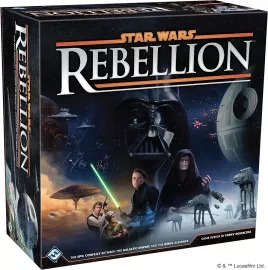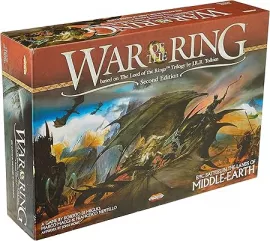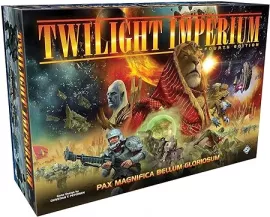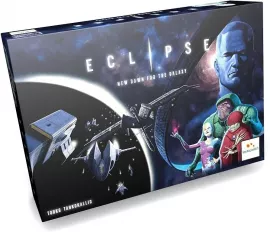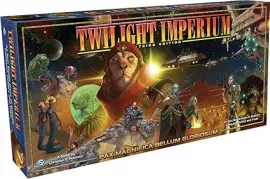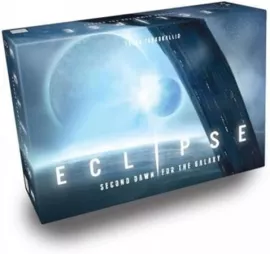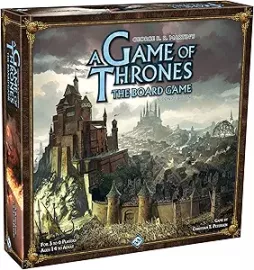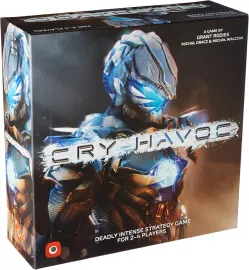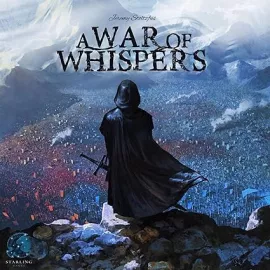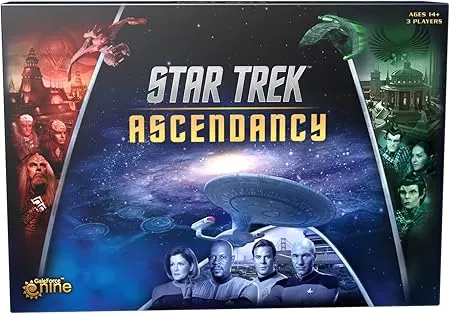
Star Trek: Ascendancy
Star Trek: Ascendancy review
Star Trek: Ascendancy is a board game that truly captures the spirit of exploration, expansion, and conflict in the Star Trek universe. As a Trekkie myself, I was immediately drawn to the game's beautiful components, including the over 200 plastic miniatures and 30 star system discs representing iconic locations from the Star Trek galaxy. The game feels immersive and thematic, with each faction – the Federation, Klingons, and Romulans – having unique abilities and playstyles that reflect their personalities from the show.
The gameplay itself is engaging and strategic, with a focus on exploration, resource management, and expansion. The game is a 4X (explore, expand, exploit, exterminate) game, but unlike some other 4X games, it doesn't feel overly complex or time-consuming. A game typically takes about an hour per player, but this can be reduced with experience and the use of variant rules.
One of the things I love most about Ascendancy is the exploration aspect. The game's map is generated randomly as players explore new systems, encountering new life forms, civilizations, and challenges. This dynamic element keeps each game feeling fresh and exciting, as you never know what you'll find next. The combat is simple but fun, and the asymmetry between factions is well-balanced, ensuring that no one faction is overpowered.
I do have a few minor criticisms. The game can feel a bit luck-driven at times, and the rulebook could be more clear in certain areas. Additionally, the base game only supports three players, so you'll need to purchase expansions if you want to play with more people. However, the expansions add new factions, like the Cardassians and Ferengi, which further enhance the game's replayability and strategic depth.
Overall, Star Trek: Ascendancy is a great game for fans of Star Trek and strategy games alike. It's a fun, engaging, and immersive experience that I highly recommend. Just be prepared for a little bit of a learning curve, as the rules can be complex at first.



